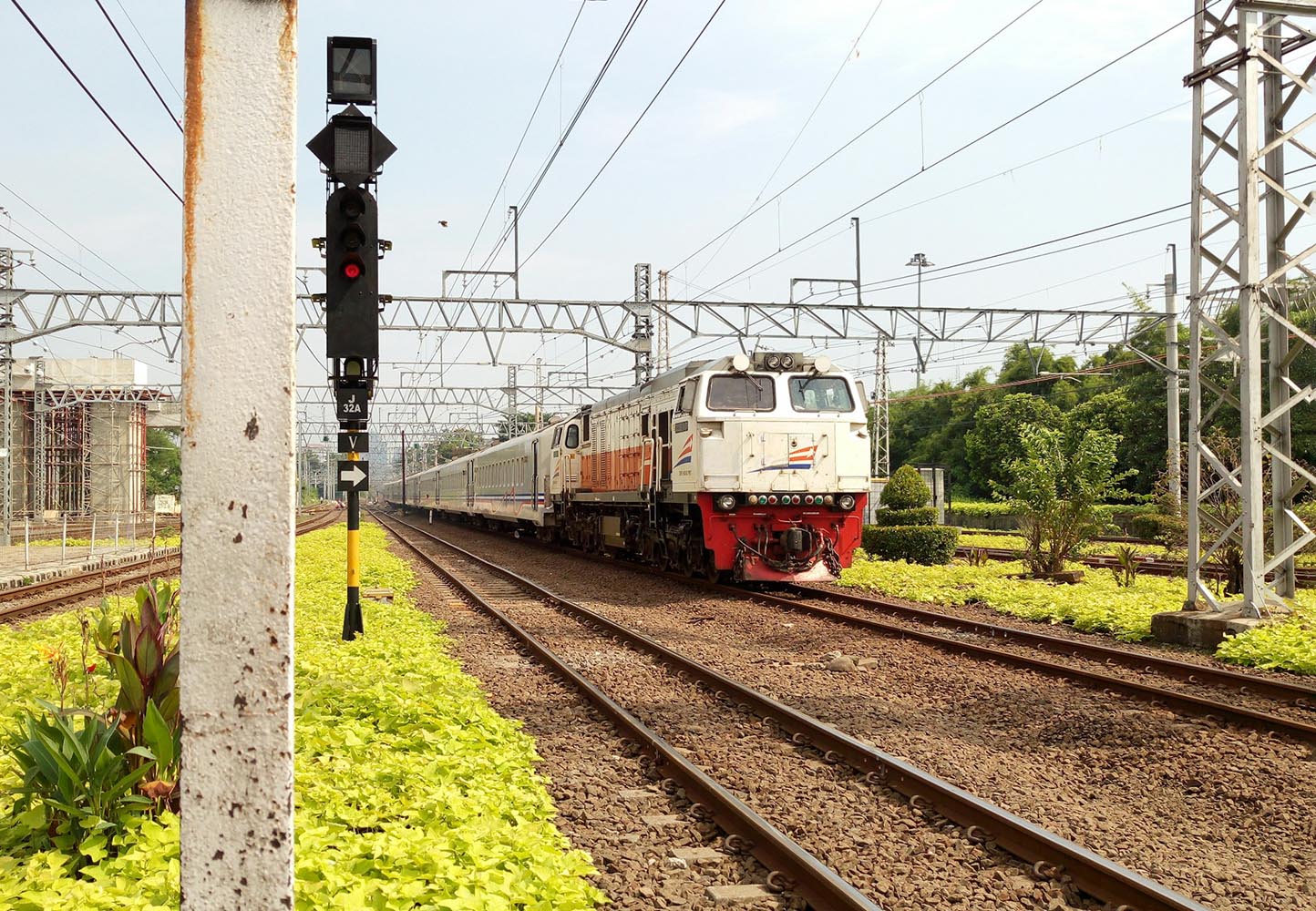
Indonesia tests B40 biodiesel on trains to cut fuel imports
Indonesia’s Energy and Mineral Resources Ministry (ESDM) has commenced its first trial of B40 biodiesel on railway transportation, aiming to significantly reduce fuel imports. The trial, which began at Lempuyangan Station in Yogyakarta, is expected to save the country up to USD9 billion in fuel import costs.
B40, a blend of 40% vegetable oil with diesel fuel, is being tested on the Bogowonto train route between Lempuyangan Station in Yogyakarta and Pasar Senen in Central Jakarta. This initiative is part of Indonesia’s broader strategy to enhance energy efficiency and reduce its trade deficit by minimising diesel consumption.
Eniya Listiani Dewi, director general of New Renewable Energy and Energy Conservation (EBTKE) at ESDM, highlighted the significance of this trial in her address. “Today we are kicking off the implementation of B40 in the railway sector and land transportation,” she said. The adoption of B40 aims not only to cut down on diesel use but also to lower carbon emissions from transportation, which is the second-largest emitter after the industrial sector.
Economic and environmental benefits
The ministry projects that using B40 could eventually be implemented across all transportation modes, including heavy machinery, agricultural equipment, and potentially in mining, shipping, and power generation sectors. The adoption of B40 since 2023 has already saved IDR122 trillion (USD7.5 billion) in foreign exchange, the ministry said.
The railway sector trial will continue until December 2024, with a minimum requirement of 1,200 hours of operation. This involves approximately 50 round trips between Lempuyangan and Pasar Senen, each taking 22 hours.
Suryawan Putra Hia, vice president of Logistics at the state railway operator KAI, expressed optimism about the trial. He noted that the railway’s annual fuel consumption is around 300 million litres and emphasised the potential benefits of renewable energy for efficiency and effectiveness.
If successful, this trial could pave the way for broader adoption of B40, significantly reducing Indonesia’s dependence on fuel imports and contributing to its sustainability goals. The ministry’s future plans include extensive application of B40 across various sectors, expecting to require up to 16 million kilolitres of B40.












